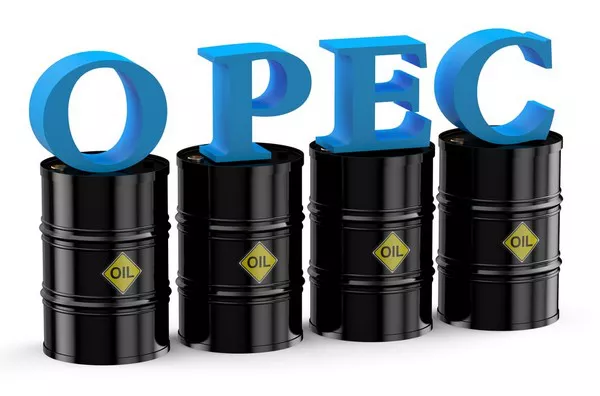The global oil markets in 2023 underwent substantial shifts, responding to the aftermath of the COVID-19 pandemic and geopolitical tensions, notably Russia’s invasion of Ukraine. These events triggered a recalibration of benchmark crude oil prices, returning them to pre-war levels and reshuffling global trade flows. Advanced economies experienced a slowdown in oil demand growth, while upstream investments reached their highest levels since 2015.
China’s Influence and Demand Trends
China played a pivotal role in the oil market dynamics of 2023. After a surge in oil demand due to the easing of COVID-19 restrictions, projections for 2024 indicate a significant slowdown. A Bloomberg survey suggests a growth rate of only 500,000 barrels per day, a notable decline from the impressive 10% growth experienced in 2023. This deceleration is attributed to China’s normalization of economic activities, coupled with a strategic shift towards sustainability and energy efficiency in its policies.
China’s emphasis on renewable energy and electric vehicles is expected to reshape its oil consumption patterns. Despite this, the petrochemical sector remains a substantial driver of oil demand in China. Long-term forecasts from CNPC’s Economics and Technology Research Institute anticipate China’s oil demand peaking by 2030, with a subsequent gradual decrease aligning with global trends towards cleaner energy.
Supply Dynamics
Non-OPEC+ countries, including the United States, Brazil, and Guyana, significantly increased global oil supply. OPEC+ countries, particularly Saudi Arabia, the UAE, and Iraq, focused on capacity building.
Global Economic Forecast for 2024
The International Energy Agency (IEA) revised its oil demand growth forecast for 2024 to 930,000 barrels per day, lower than OPEC’s projection of 2.25 million bpd. This reflects a shift towards lower-emission energy sources and improvements in energy efficiency. The petrochemical sector is anticipated to drive global oil demand, influenced by advancements in electric vehicle sales and energy efficiency improvements.
Climate News and Its Impact on the Oil Industry
COP28 developments marked a significant shift away from fossil fuels, as government ministers from nearly 200 countries approved a deal. U.S. climate envoy John Kerry emphasized the strong message this sends to the world, signaling a move towards cleaner energy technologies.
U.S. Policy and Production Challenges
Despite reaching an all-time high in oil output, the U.S. faces the challenge of balancing oil production with renewable energy transition. The U.S. Energy Information Administration reported a record output of 13.2 million bpd in September.
EIA’s 2024 Forecast and OPEC’s Stance
The U.S. Energy Information Administration lowered its 2024 price forecast for Brent crude to an average of $83 per barrel. OPEC maintains an optimistic outlook, expecting crude oil demand to outpace supply increases from non-OPEC sources. OPEC attributes recent oil price declines to speculative actions and overblown concerns.
Investment Opportunities
Given OPEC’s expectations for the future of the oil market, there are potential investment opportunities that traders may consider in navigating the evolving landscape.


